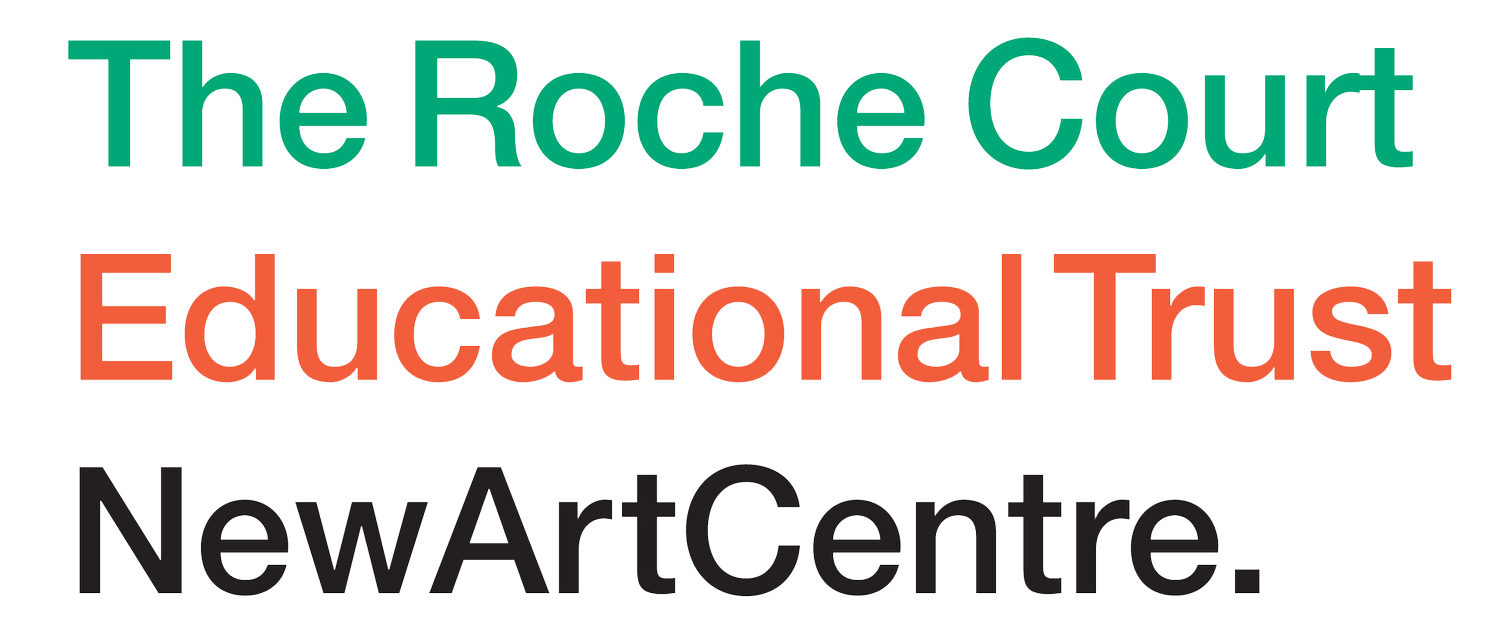Career Profile: Stephen Feeke
Independent Writer and Curator
Interviewed 2020
Stephen Feeke is an independent writer and curator who recently returned to academia in order to pursue a Ph.D. at the Courtauld Institute of Art on Barbara Hepworth’s early bronzes. He was previously a Director at the New Art Centre, Roche Court in Wiltshire, where he curated a dynamic programme of modern and contemporary art for the gallery and the sixty-acre sculpture park. He was also responsible for exhibitions elsewhere, such as ‘Caro and Sea Music’, ‘Caro at Chatsworth’ and ‘Laura Ford at Strawberry Hill’.
Prior to Roche Court, Stephen was Curator of Exhibitions at the Henry Moore Institute, Leeds where he was involved in all aspects of exhibition making and project management, primarily for the gallery in Leeds but also for the Henry Moore Studio, Dean Clough, Halifax. The Institute was renowned for exhibitions which explored diverse notions of sculpture, and there Stephen developed a particular interest in the conceptual intersections between contemporary and historical art. He also did much to expand the geographical and temporal reach of the Institute’s exhibition programme, with such exhibitions as ‘Espaço Aberto / Espaço Fechado: Sites for sculpture in modern Brazil’ and a series of innovative exhibitions organised with The British Museum, including ‘Ice Age Sculpture’.
Could you talk a little bit about your career path from secondary school to where you are today?
Whilst it is now a long time ago… I only discovered Art History by accident, it certainly wasn’t taught at my local comprehensive. By then I was working, doing very boring admin for the Civil Service, in London. Walking home from work I saw an A-Level evening class in Art History was starting at Brixton College. I enrolled and it changed my life forever: at the first lesson I realised this was what I’d been waiting for. I enrolled at the University of Leeds to read History of Art; I was considered a ‘mature’ student by then, and at first it wasn’t a perfect fit – too much theory for me, not enough art – and I started volunteering at Leeds Art Gallery two days a week. At the time, my fellow students thought I was crazy. Hard work paid off. And it meant that when I graduated, I was in the right place at the right time when the ideal job came up at the then recently-opened Henry Moore Institute. I worked there for something like fifteen years – first as Exhibitions Co-ordinator and then a curator – and one of the things that got me the job, was the fact I’d done those admin jobs I’d thought were so boring; there’s a lot of admin in art too. And it’s also when I learnt it was ok to stay put in one job, if you’re happy; certainly the breadth of experience I acquired there – for someone with ‘only’ a B.A. was extraordinary – and it really started when I was asked to curate an exhibition of eighteenth-century dog sculpture! The shift to the New Art Centre opened up opportunities, it was much better paid and I was introduced to the fascinating world of clients and collectors and a much wider field of amazing artists, like Edmund de Waal. I also worked closely with the Hepworth Estate, which inspired my recent return to academia. I feel very lucky. I’ve had some great breaks along the way and met some wonderfully kind and generous people, who have been willing to share their knowledge and skill; the art world can be very democratic, and I love it for that.
What was the first artwork that had a palpable effect on you?
Piero della Francesca’s ‘The Resurrection’. Powerful and painful, it’s the most extraordinary combination of beauty and technical achievement.
What is the most memorable book that you’ve read?
‘Lives of the Artists’. Vasari is flawed and funny, and amazingly still relevant.
What is the best advice you’ve ever received?
From myself: “It’s never too late”.
What would be your top tip for pursuing a career in the arts?
This is one of the best, most rewarding careers in the world but have no illusions: it is hard work. Be prepared for the graft. And regard every menial job you’re asked to do along the way as an opportunity.

